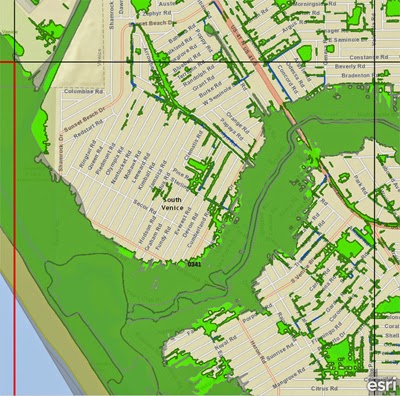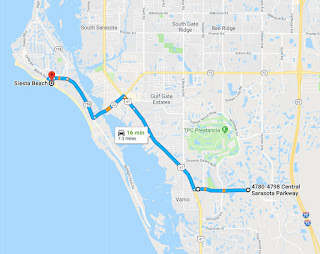Unpopular Opinion: Mobile Browsing
I'm not a go with the crowd kind of guy, and I usually question the CW (conventional wisdom) of what the media and leaders in our field feed us about the latest trends and news. One of these is that we need to develop "responsive" real estate websites, based on the user device. I don't subscribe to this idea.
Website analytics and the mobile industry lump mobile browsing on different devices under the same category. For example, browsing on a smart phone or internet capable phone is considered the same as browsing on a tablet.
I think there's a real distinction between these devices, in terms of how users search for real estate.
In the first scenario, a potential home buyer is on their smart phone in front of a home for sale. Most likely, they want to look up the price and get basic information. For this type of mobile user, I provide a QR code on my for sale sign, which takes the user to a specific page on my website.
In the second scenario, the user is searching for real estate on their tablet device. The full version of my website is completely functional on a tablet, and a mobile user can search for homes in a certain neighborhood while out looking in their car, or they can again use the QR code on my for sale signs.
I recently read one of my competitor's blog posts about their mobile app's ability to search for downtown Sarasota condos by building name as one of it's benefits. I don't think many buyers can name many downtown condo buildings. Buyers search by area and price. If you have an app, it has to provide search options that fit the user's expectations.
Analytics show that these mobile users are using a tablet device versus a smart phone by a margin of 3 to 1. The metrics do not substantiate spending marketing dollars on a website to reach a small percentage of mobile users.
Website analytics and the mobile industry lump mobile browsing on different devices under the same category. For example, browsing on a smart phone or internet capable phone is considered the same as browsing on a tablet.
I think there's a real distinction between these devices, in terms of how users search for real estate.
In the first scenario, a potential home buyer is on their smart phone in front of a home for sale. Most likely, they want to look up the price and get basic information. For this type of mobile user, I provide a QR code on my for sale sign, which takes the user to a specific page on my website.
In the second scenario, the user is searching for real estate on their tablet device. The full version of my website is completely functional on a tablet, and a mobile user can search for homes in a certain neighborhood while out looking in their car, or they can again use the QR code on my for sale signs.
I recently read one of my competitor's blog posts about their mobile app's ability to search for downtown Sarasota condos by building name as one of it's benefits. I don't think many buyers can name many downtown condo buildings. Buyers search by area and price. If you have an app, it has to provide search options that fit the user's expectations.
Analytics show that these mobile users are using a tablet device versus a smart phone by a margin of 3 to 1. The metrics do not substantiate spending marketing dollars on a website to reach a small percentage of mobile users.


Comments
Post a Comment